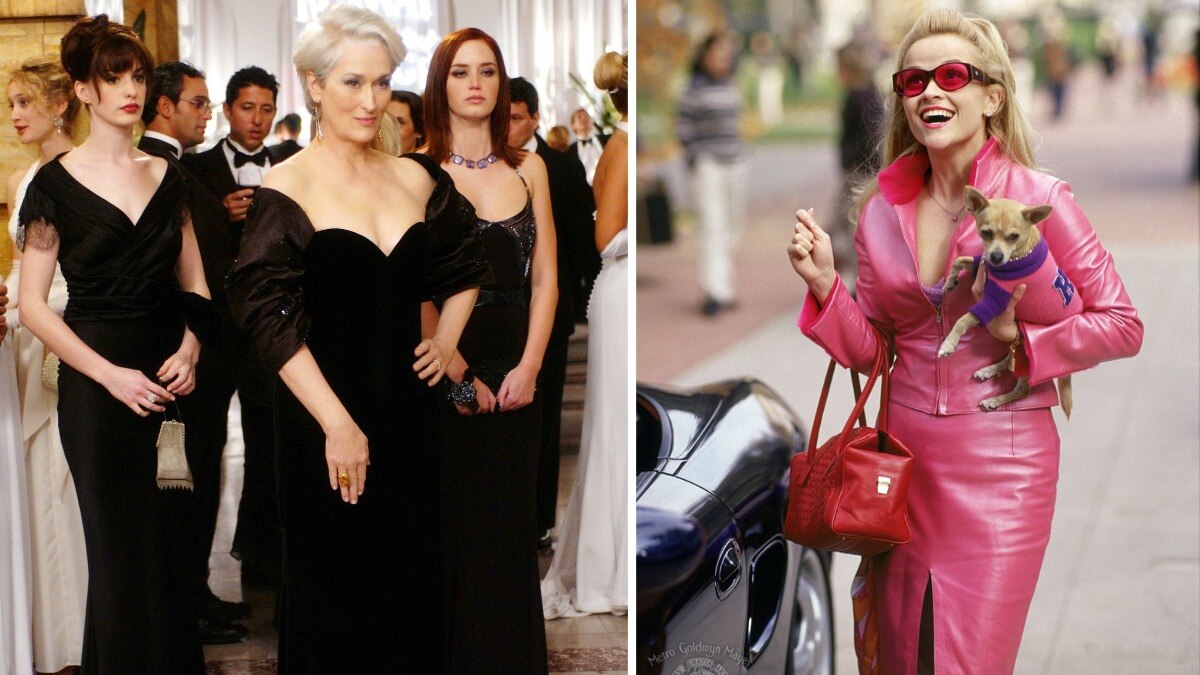Why should women always be expected to dance?
Rihanna's Super Bowl set has been accused of laziness, which shows just how much we expect of women.


On February 12, Rihanna performed for 13 minutes at the Super Bowl, singing and dancing while suspended in mid-air. The set marked not only the first time she’d returned to work since having a baby, but also saw her reveal her second pregnancy. She arrived on stage—or descended from the heavens—cradling her stomach in a red Loewe jumpsuit and matching leather corset. Now, as a pregnant woman myself, the idea of doing anything close to cardio at this stage fills me with acute dread. Tying my own shoe laces feels like being cut in half. I can’t walk up a flight of stairs without becoming unnervingly breathless. Meanwhile, Rihanna just performed in an Alaïa cloak on one of the most-watched stages in the world, flying 60 feet off the ground, carrying her unborn child like a musical superhero.

And yet, for some, it wasn’t enough. Some viewers and critics argued that it wasn’t satisfactorily energetic. One of her detractors was Donald Trump, which should tell you all you need to know about what the right opinion is. Even left-wing media, who really should know better, accused her of not providing “the energy one expects from a Super Bowl performance” where previous acts have met “the pressure of the spotlight with clear, intense perfectionism”. On social media, users described her performance as “lazy” and “half-baked”.
Let’s park the fact that she’s pregnant for one moment and address the fact that Rihanna has never been one for heavily choreographed dancing. She hires people to do that for her. Her MO has always been nonchalance; her breezy, swaggering approach to stardom is integral to her public persona and appeal. It’s an attitude supported by vocal talent, charisma, and a deep catalogue of hits that span ballads, dance, pop and rap. And it’s worked for her. She avoids the standard music merry-go-round and hasn’t released an album in six years, yet her popularity continues to grow. Her Savage x Fenty lingerie shows have become anticipated, starry fashion events, and her cosmetics company Fenty Beauty is thought to be worth more than $2.8 billion. Despite the criticism over her Super Bowl set, the performance averaged 118.7million viewers—making it the second most-watched halftime show after Katy Perry in 2015. Spotify reported that streaming of her music increased by more than 640 per cent in the US immediately afterwards.
Rihanna has resisted many of the demands expected of a mainstream female artist, epitomised in her Super Bowl performance, and this is perhaps what lays at the crux of the criticism. No, she didn’t bring in guests (bar her unborn child), dance frenetically (although truly the stamina required to do what she did while pregnant is commendable), or change outfits. She knows that she is enough. As a society, we expect more from women in the public eye than we do from men; we want our female stars to look exceptional, behave perfectly and, above all, be very, very grateful. We expect them to dance for their tips and adulation. Rihanna has, in the days since her half-time performance, been compared to Beyoncé, who apparently delivered a more energetic set when pregnant in 2017. Just the fact that these comparisons even exist show the bizarre, unrealistic expectations placed on pregnant women and their bodies. They are two different artists with entirely different performance approaches and different experiences of pregnancy. Let’s all stop telling women, pregnant or otherwise, what they should do with their bodies.

The standards are very different for men. No one has ever slated a male artist, who was not known for his dance moves, for being underwhelming at the Super Bowl. No one told Chris Martin to break dance when Coldplay performed in 2016. No one berated The Weeknd for not body popping in 2021 and no one so much as blinked when Dr Dre and Snoop Dogg barely moved during their 2022 show. We accept that they don’t need to dance, that their star quality and music credentials are enough. Our standards are higher for women in the same position, but of course that boils down to male privilege and our readiness to accept and embrace male brilliance in a way we just don't for women. We expect women to do all the same things as men, and then some. Without being too tangential, it’s a pattern we see beyond those in the public eye. In the domestic sphere, we expect women to go to work and do the same hours as their male partners, but we also expect them to maintain the household and family, too. We know that this unpaid labour still falls largely on women to quietly deal with. The bar is so tauntingly high that it feels unreachable, and it is utterly exhausting. Do everything a man does and then do a little jig on top.
But back to Rihanna. Her disregard for the expectations placed upon her as a woman performing at the Super Bowl is exactly the sort of thing that would upset those insecure, fragile detractors. She delivered a show that felt authentic to who she is, showed us who was in control of her body and gave us an entertaining, charisma-fuelled show that paid homage to her extensive hits—all while carrying her second child. She didn’t need to top it with a dance.
This piece originally appeared in Harper's Bazaar UK










